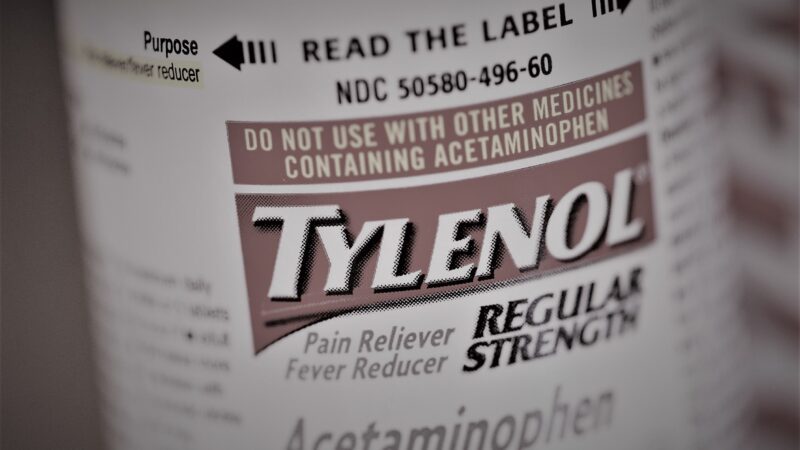Healthy Life Tips: How to live a healthier life

Did you know that obesity can shorten your life expectancy by about 15 years? It’s true! Losing weight and living a healthier life is important to everyone, especially if you want to live longer and healthier life Here are some tips for living a healthier life.
Eat less
Weight loss is achieved by simply burning more calories than you take in. If you eat less food, then your body will start burning its fat stores to make up for it. As many people know, you need to burn 3,500 more calories than you take in if you want to lose one pound of fat (which is roughly equivalent to a deficit of 500 calories per day). To do that, figure out how many calories you should be eating every day and then increase your activity level so that it burns off an additional 300-500 calories. A pound of fat contains about 3500-4000 calories, so if you’re trying not to gain or lose weight—and therefore are maintaining your current calorie intake—you shouldn’t be taking in any more than 1500 extra calories per day.
Exercise more
People who exercise regularly tend to be in better health and have lower rates of cardiovascular disease, diabetes, obesity, and depression. Whether you’re an athlete or a casual walker, fitness can improve your quality of life in many ways. Exercise also provides an outlet for stress relief. Even just five minutes of vigorous activity can alleviate tension; some studies suggest that moderate-intensity aerobic exercise is twice as effective at relieving anxiety as simple relaxation techniques like breathing deeply. So even if you don’t want to hit the gym every day, there are plenty of reasons to get up and move around—even if it’s just walking around your office while talking on your phone!
Sleep better
Take sleep seriously. On average, people need 7-9 hours of sleep each night. Make your bedroom conducive to restful sleep. Turn off all electronics an hour before bed and dim lights or use candles. Turn down your thermostat at night if you tend to be cold while sleeping—that makes it easier for you to fall asleep and stay asleep. If you can’t fall asleep within 20 minutes, get out of bed and do something relaxing before returning for another try (the idea is that tiredness + stress + warm temperature = no good).
Reduce stress
Stress can have damaging effects on your health and well-being, including on your weight. If you’re feeling stressed out, first take a moment to think about what’s causing it. Are you going through something tough at work? Is there a family issue? As difficult as it may be, try to let things go until you have some time to yourself. Find time for exercise, meditate or do yoga; give yourself some space from any drama or negativity that might be weighing you down. It may help ease your mind and make it easier for you to sleep through the night (which is important since stress has been shown to impact our ability in many ways). You’ll also feel less anxious when it comes time for mealtime.
Drink less alcohol
According to a National Health Interview Survey in 2015, 9.3 percent of Americans said they were diagnosed with an alcohol use disorder in their lifetime. An additional 6.4 percent said they had experienced an alcohol abuse problem or alcohol dependence problem at some point but that it didn’t meet criteria for diagnosis. Women are especially at risk if they have three or more drinks per day, she adds. Consuming just one alcoholic drink per day increases your chances of developing breast cancer by 15 percent, according to research published in 2012 in Alcoholism: Clinical & Experimental Research.
Quit smoking
Quitting smoking is one of the best things you can do for your health. No matter how long you’ve been smoking, or how many cigarettes you smoke daily, if you quit now, your chances of living longer are better than ever. You can save money too by quitting — about $1,500 in annual savings on average. If you want to quit smoking and need help with strategies that work, call 1-800-QUIT NOW and talk with a quit coach from National Cancer Institute’s QuitNet. He or she will give you personalized advice for free so you can start your journey towards quitting today! Stop Drinking and Using Recreational Drugs: What does moderate drinking mean? It depends on whom you ask.
Use CBD oil
Cannabidiol (CBD) is one of many compounds, known as cannabinoids, that are found in cannabis. It’s a substance that comes with a range of benefits for your health, but it doesn’t have any of marijuana’s psychoactive properties. That said, many people report taking CBD oil for their ailments anyway—and it can be an effective treatment. Several studies and anecdotal reports show that CBD may help reduce pain from injuries and diseases such as cancer or Alzheimer’s disease (among others). It also has anti-inflammatory properties and can act as an antioxidant. The best way to describe how CBD works is that it increases your bodys cannabinoid receptor sites.
Get more sunlight
Sunlight helps our bodies produce vitamin D, and it’s an easy way to keep our skin looking healthy and young. Spending some time outside every day—even if it’s just a quick walk at lunchtime—can make all the difference. Make sure you don’t forget your sunscreen though; just because we get so much of it here in California doesn’t mean that your body is immune to sun damage. In fact, spending too much time in sunlight without protection can lead to skin cancer and other diseases that would seriously affect your health over time. All of us at BestLifeNetwork encourage you to spend some time outside every day—but always remember your sunscreen!
Choose the right supplements
The average person could easily consume over 100 different supplements in a year. Although it’s not necessary to take that many, there are certain nutrients that should be on every person’s daily supplement regimen. You can find these at your local drugstore or online—just make sure you know what you’re getting. If you aren’t sure what nutritional deficiencies you have, visit your doctor before beginning any sort of supplementation program. He or she can help determine whether you need supplements and which ones are right for you based on your health history and lifestyle. Then start building a multivitamin routine into your daily life! Consider also adding omega-3 fish oil and vitamin D3 to ensure healthy bones, joints, brain, and eyesight from head to toe.




